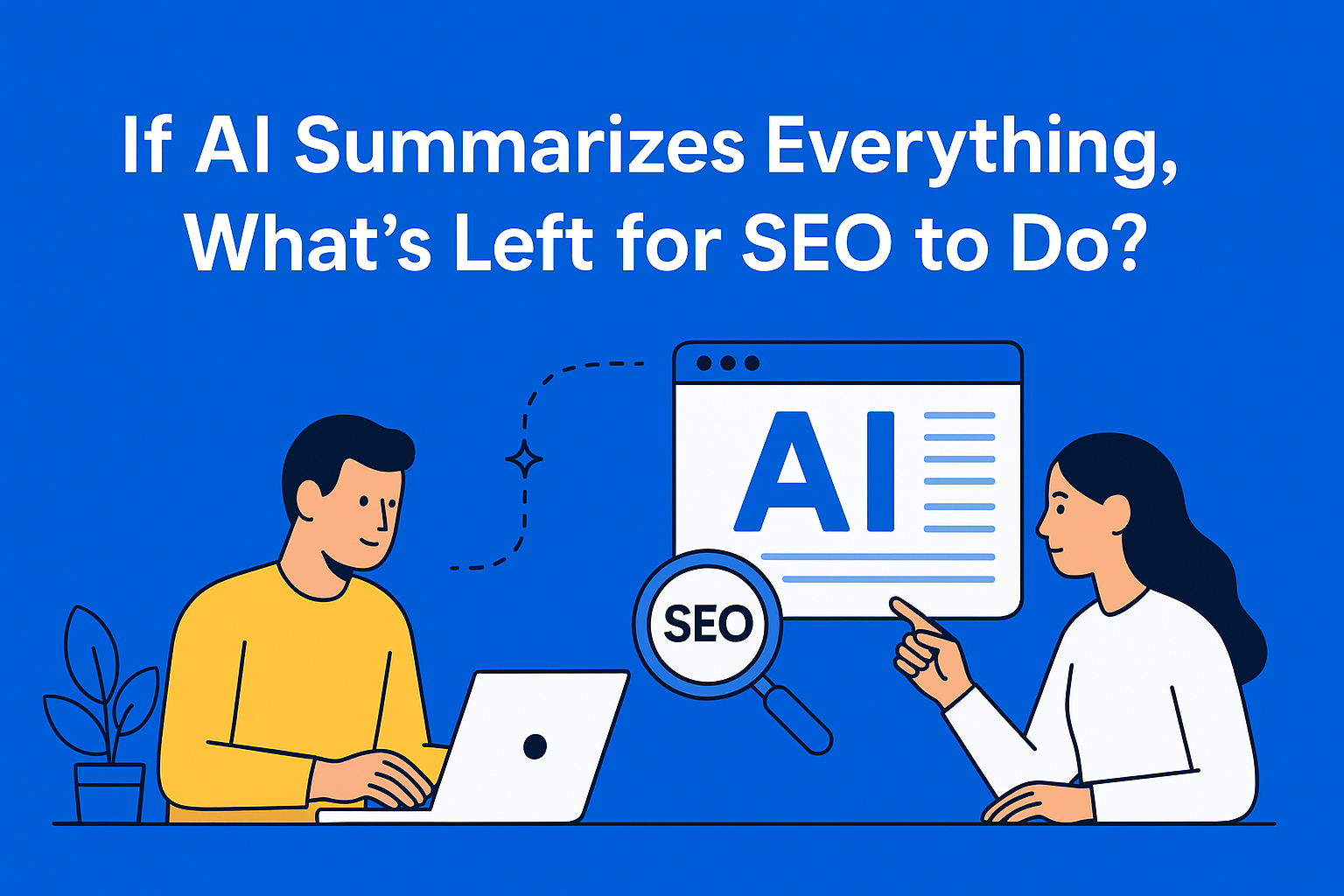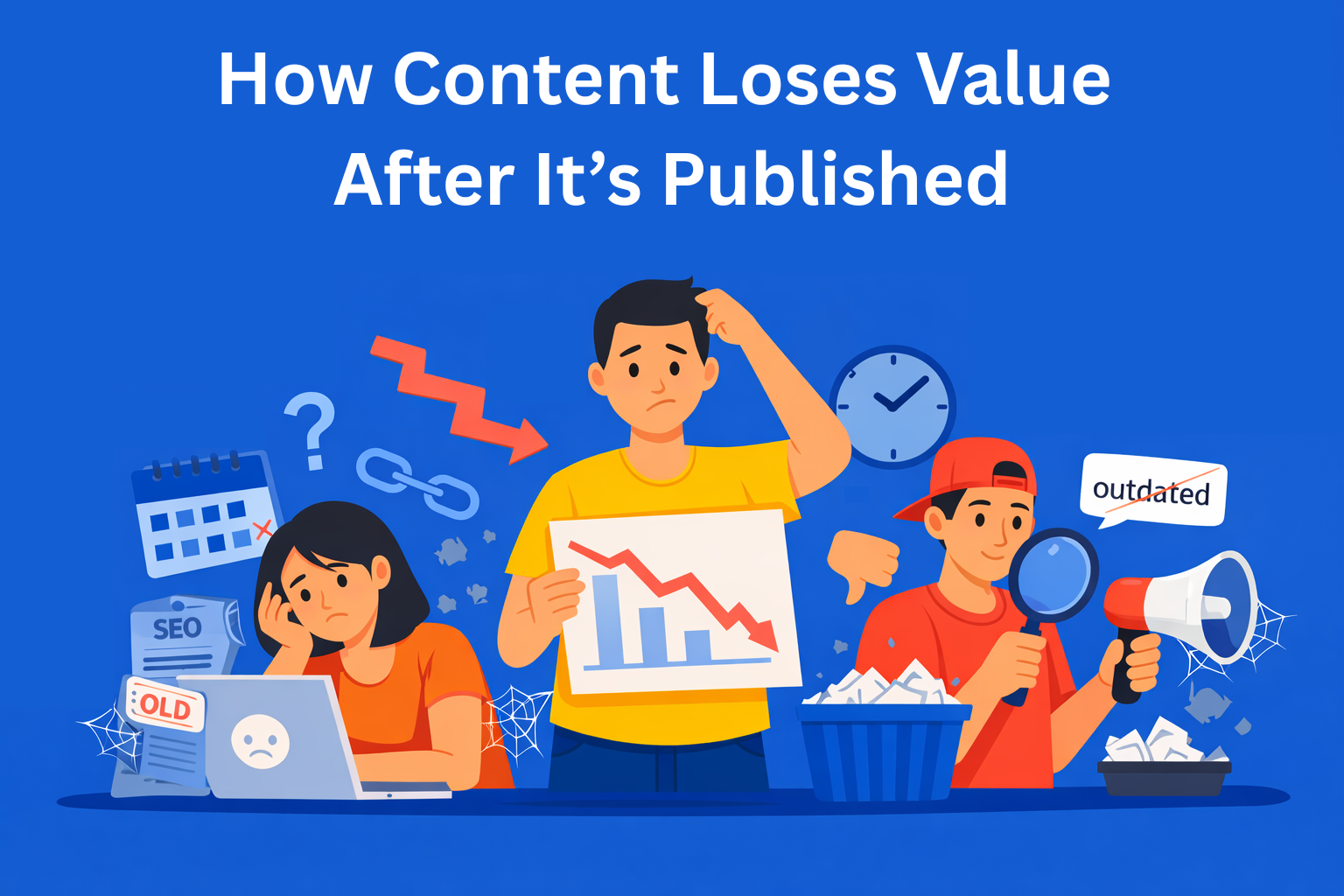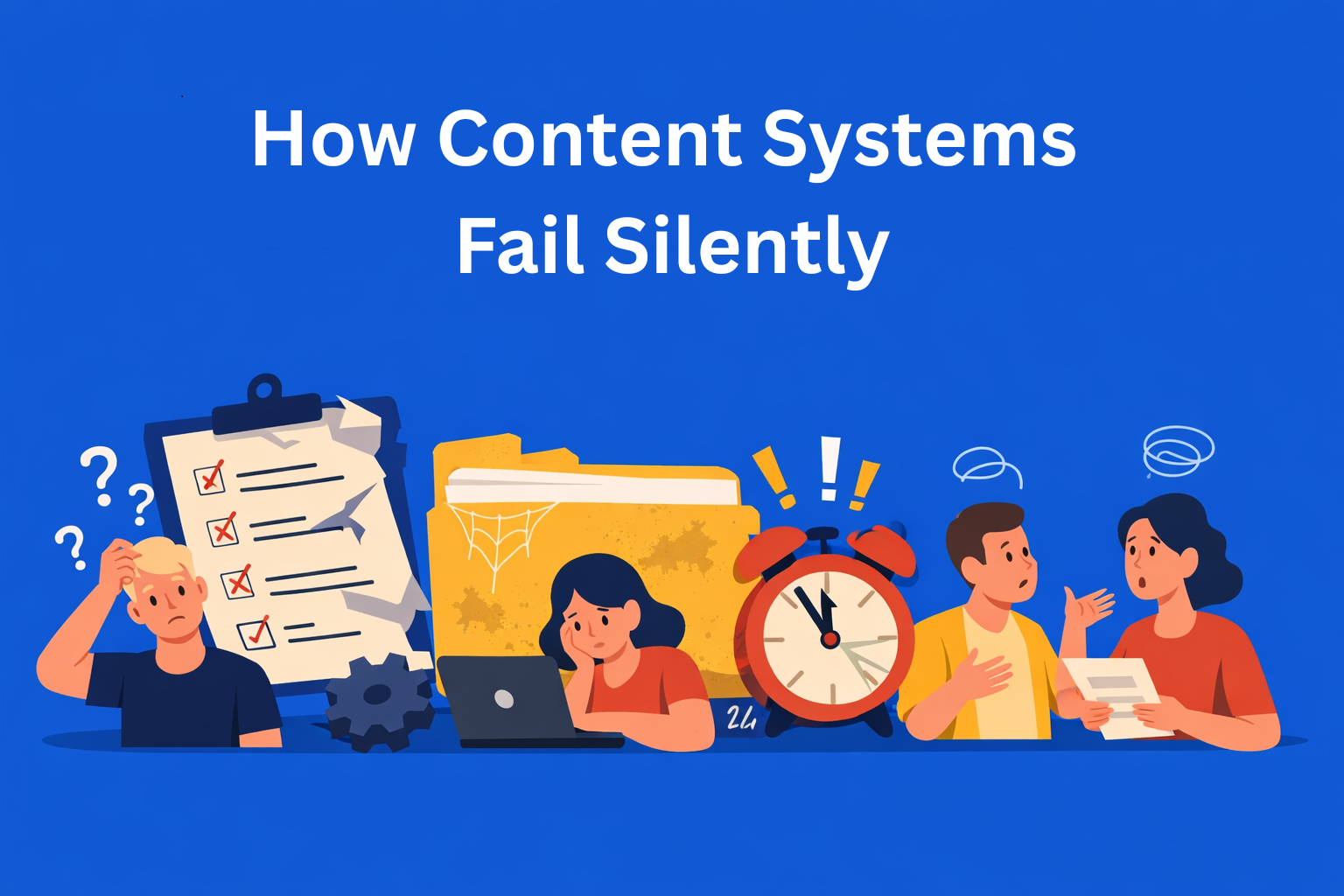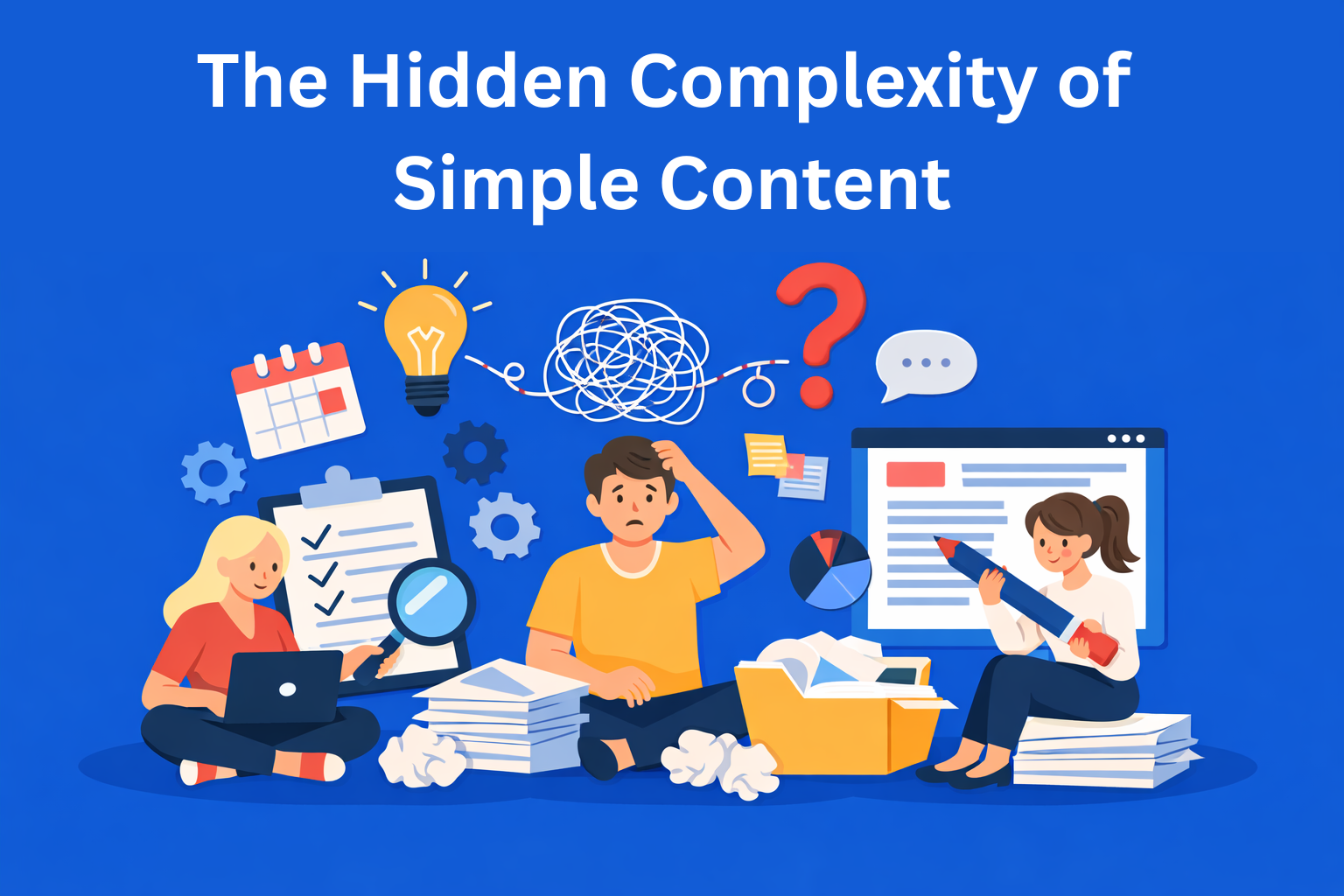If AI Summarizes Everything, What’s Left for SEO to Do?
In an AI-driven world where chatbots summarize everything, SEO is evolving from chasing clicks to becoming the source behind the summary. Success now means creating content that earns trust, informs people, and teaches machines.

The internet is changing faster than ever. In the past, we used to scroll through search results one by one, looking for the right link to click. Today, with the help of AI, more tools like ChatGPT, Google Gemini, and Perplexity give us direct answers without needing to visit websites. AI simply takes information from different pages, combines it, and presents it to the user as a ready-made summary.
That’s why many people are asking: So what does SEO even mean anymore? If AI already provides the answers, is it still important to appear on the first page of search results? The answer is yes - but in a completely different way. SEO is no longer about getting clicks, but about becoming the source that AI uses to provide accurate answers. This is a new level of the game.
Key Takeaways
- SEO is no longer about clicks - it’s about becoming the trusted source that AI tools use to generate accurate, reliable answers.
- Visibility now means influence - instead of chasing top search positions, aim for your content to shape what AI summarizes.
- Structure and clarity are power - well-organized, readable content helps both AI and humans understand and trust your message.
- E-E-A-T is the new ranking factor - expertise, experience, authority, and trust determine whether your content becomes part of AI’s knowledge base.
- Write for humans and machines - create content that’s useful, authentic, and easy to parse; it builds credibility across both audiences.
The Fall of Traditional SEO: The End of the Click Economy
Traditional SEO used to be a numbers game: keywords, links, ranking positions, and CTR (click-through rate). The goal was simple - get in front of as many users as possible and make them click. But now, in the era of AI tools, users no longer need to click. They get the answer they need instantly.
This means a large part of organic traffic is decreasing. Even though your content might still exist online, users no longer see it directly. Instead of being a visitor to your site, the user becomes a consumer of an AI summary that uses your information without a link. So, SEO is no longer about attracting visitors, but about creating content that AI recognizes as a valuable and reliable source.
The New Goal of SEO: Becoming the Source Behind the Summary
When AI generates an answer, it doesn’t invent information from nothing. It learns from a massive amount of texts, websites, blogs, and articles. Your goal now is for your content to become part of that learning - to be the source behind the AI summary.
In other words, the new SEO isn’t about being seen - it’s about your ideas becoming part of something bigger. When AI learns, it doesn’t quote. It absorbs you. That’s why metadata, content structure, expertise, and credibility matter more than ever. If your content is clear, accurate, and well-contextualized, AI will recognize and use it.
This means brands should no longer ask, “How do we get to the top of Google?”, but “How do we become the source AI relies on when generating answers?”
Key Factors in the New SEO Approach
How do you adapt to this new world? Instead of old tricks, the focus is shifting to these elements:
1. Content Structure and Format
AI loves clarity and organization. When your text has clear headings, subheadings, and short paragraphs, both AI and humans understand it more easily.
2. Expertise and Credibility (E-E-A-T)
It’s important to show that you know what you’re writing about. Sign your content, explain where your information comes from, and write honestly. SEO today is more about trust than about tricks.
3. Contextual Relevance
Instead of using lots of different keywords, write clearly and simply about one topic. It’s better to have one great, detailed post than many shallow ones.
4. Technical Readability for AI
Make sure your website is technically clean - use meta descriptions and tags that help AI systems understand your content easily.
Writing for Humans and Machines at the Same Time
What we now call “AI-friendly content” is writing that’s equally easy to understand for humans and machines. This means writing simply, clearly, and logically, while keeping a good structure.
For example, if you’re writing a guide on a topic, add short summaries, Q&A sections, and clear examples. This helps users quickly find what they need and helps AI tools better understand context. So, SEO content now serves two purposes: informing people and teaching machines.
How Brands Can Adapt to the New SEO World
The SEO that worked five years ago no longer brings results. But that doesn’t mean SEO is gone - it’s just evolving. Here’s how brands can succeed in the age of artificial intelligence:
1. Focus on Topical Authority
Instead of trying to cover everything, focus on what you know best. Create content that shows deep understanding of a topic. AI models can recognize consistency and expertise within a specific field.
2. Keep Content Simple and Connected
For example, if you work in marketing, write simple articles that build on each other. This way, both people and AI can easily follow your ideas and understand your message.
3. Simple Investment in Data Structure
Make sure your site is clear and well-organized. When AI can easily understand your content, it’s more likely to use it as a source.
4. Measuring Visibility in a New Way
Instead of counting clicks, measure how often your brand appears in AI summaries, quotes, or recommendations. Although this is still hard to track, tools like SE Ranking AI Visibility Tracker, Profound, Surfer AI Tracker, or Keyword.com AI Search Visibility can help analyze how AI tools use your content. True SEO success today means your content shows up in AI answers - not just that it gets clicks.
Why This Matters: SEO as the Foundation of Future Knowledge
Artificial intelligence couldn’t function without content written by humans. Everything AI knows comes from texts created by writers, companies, and brands. That’s why SEO still plays a huge role, just in a new form - it’s now the foundation of digital knowledge.
If your content has a clear message and real value, AI will use it. If not, it’ll be ignored. It’s time for SEO to shift from numbers to meaning - from clicks to usefulness.
The future of SEO isn’t about playing with algorithms but collaborating with intelligent systems. Brands that understand this will become part of a new digital world where trust and quality matter most.
Conclusion
In an era where AI summarizes everything, SEO has a new purpose. It’s no longer about how many people see you, but how often AI uses you as a source.
This means SEO is becoming a strategy for building trust - both with humans and machines. The key lies in creating content that has depth, clear structure, and true value.
The future belongs to those who know how to write for both people and machines. And while AI increasingly acts as a bridge between content and users, SEO remains the invisible engine of knowledge that powers that connection.
In other words: SEO hasn’t disappeared - it’s just become smarter.






